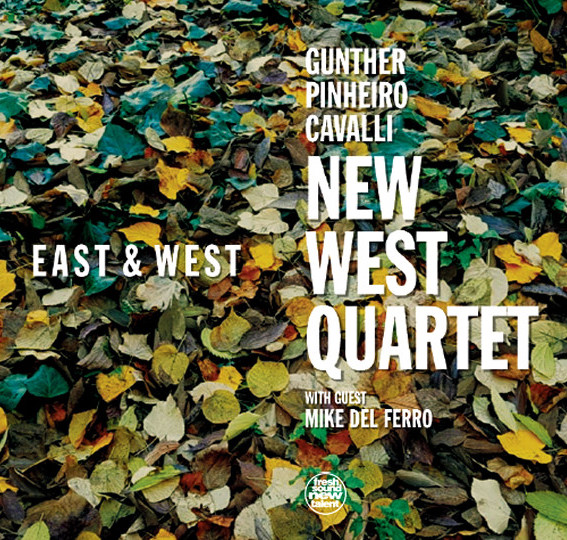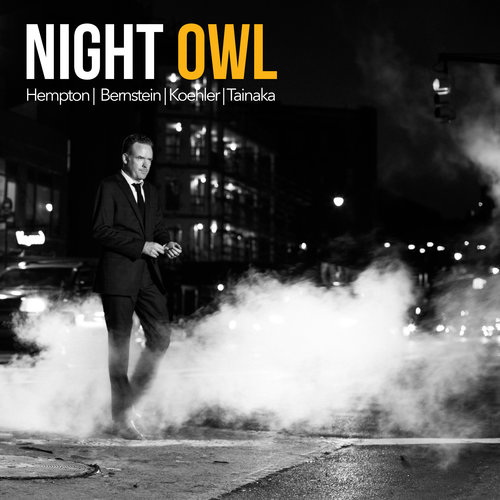SPOTLIGHT ON SAL NISTICO –
In the early sixties the line-up of The Herd, Woody Herman’s big band that had spawned such groundbreaking editions as the First Herd with Bill Harris, Pete Candoli and Flip Philips and The Second Herd with the famous Four Brothers section of Zoot Sims, Herbie Steward, Serge Chaloff and Stan Getz, was one of the most exciting to date. It included trumpeter Bill Chase, trombonist Phil Wilson and drummer Jake Hanna. As well as a thickset fellow from Italian ancestry who regularly jumped off the blocks to deliver a hot explosive story. That was Sal Nistico.
See some of Nistico’s lively playing on The Herd’s rendition of Horace Silver’s Sister Sadie on YouTube here.
Nistico was an outstanding straightforward tenor saxophonist who was born in Syracuse, New York on April 2, 1941. He played in the Jazz Brothers band of Chuck and Gap Mangione from 1959 to 1961 and came into prominence in the big band of Woody Herman. He was part of The Herd from 1962 to 1965 and would have regular stints with the bandleader throughout his career. Nistico also played and recorded with Count Basie, Buddy Rich, Curtis Fuller, Dusko Goykovich, Stan Tracey and Chet Baker, spending a big part of his career in Europe.
Fiery in the big band context, Nistico had no shortage of fire as a leader of small group dates, yet leaned towards a more balanced, bop-oriented approach, most likely the environment he enjoyed most. With his strong tone, fluency and slightly-behind-the-beat timing, Nistico fronted straight ahead groups on records with Nat Adderley, Barry Harris, Benny Bailey, Roy Haynes, Frank Strazzeri and Hod ‘O Brien.
From left to right:
Heavyweights, Jazzland 1962; Neo/Nistico, Beehive 1978; Hod ‘O Brien & Sal Nistico,
Live In The Netherlands, Porgy & Bess, Terneuzen 1986, HodStef Music 2017
Nistico sheds a light on his approach and feelings about modern jazz in a conversation with English saxophonist Tubby Hayes that was published in Cresendo Magazine’s Anglo-American Exchange in 1966 by Les Tompkins. See here.
Tubby Hayes: “there seem to be a lot of younger musicians here (in New York, FM) who are trying to be different for the sake of being different, without actually knowing the roots.”
Sal Nistico: “It’s like — I talked to Coltrane. He used to dig Arnette Cobb, Illinois Jacquet. Those guys have a firm foundation for what they’re doing. A lot of cats put down bebop, and they say it’s old and it’s dated, but that music’s not easy — it’s a challenge to play.”
Nistico was married to singer Rachel Gould. One of five children, their daughter Miriam – theatre maker and musician – shares memories of her background and artistic goals here.
She says: “Sal (…) looked like a gladiator, with a stocky Southern Italian physique, thick curly black hair and a crumpled forehead. People judge books by their covers and most people assumed that Sal was a man with a thick skin, a tough guy. In fact, as is so often the case, he was incredibly sensitive. He had a child’s hatred of cruelty and injustice (…) and he struggled with the machismo and bravado of men on tour.”
Sal Nistico passed away on March 3, 1991 in Bern, Switzerland.

